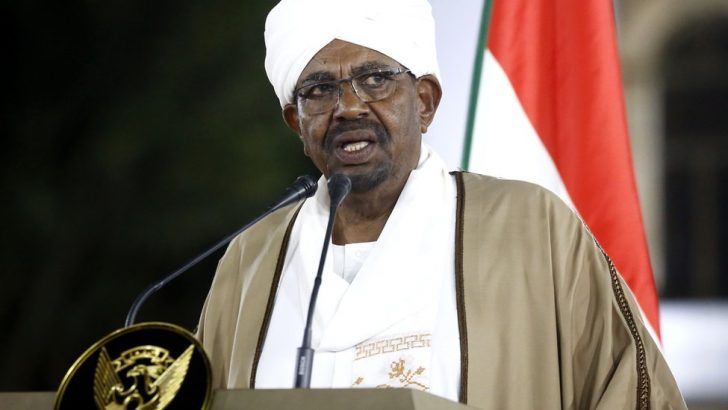Sudanese people can now “worship and practice their various religious beliefs without fear”, said the general secretary of the Sudanese bishops’ conference.
The official, Fr Peter Suleiman, welcomed Sudan’s decision to separate religion and state.
In early September, Prime Minister Abdalla Hamdok and Abdel al-Hilu, leader of the Sudan People’s Liberation Movement-North rebel group, signed a declaration that says: “The state shall not establish an official religion. No citizen shall be discriminated against based on their religion.”
For 30 years, under the rule of former Sudanese President Omar al-Bashir, authorities in Sudan harshly enforced Shariah, or Islamic law, as the law of the land. About 6% of the nation’s population is estimated to be Christian.
Mr Al-Bashir was ousted in 2019, and in early September this year, the U.S. Commission on International Religious Freedom issued a statement noting progress the transitional government had made on ensuring religious freedom.
The commission noted the interim constitution said that “every citizen has the right to freedom of religion or belief”.
The commission also noted the repeal of the “repressive public order law” the former regime used to “punish individuals, particularly women, who did not conform to its strict interpretation of Sunni Islam”. Muslims and non-Muslims suffered the consequences of this brutal law.


 Ousted Sudanese President Omar al-Bashir
Ousted Sudanese President Omar al-Bashir 